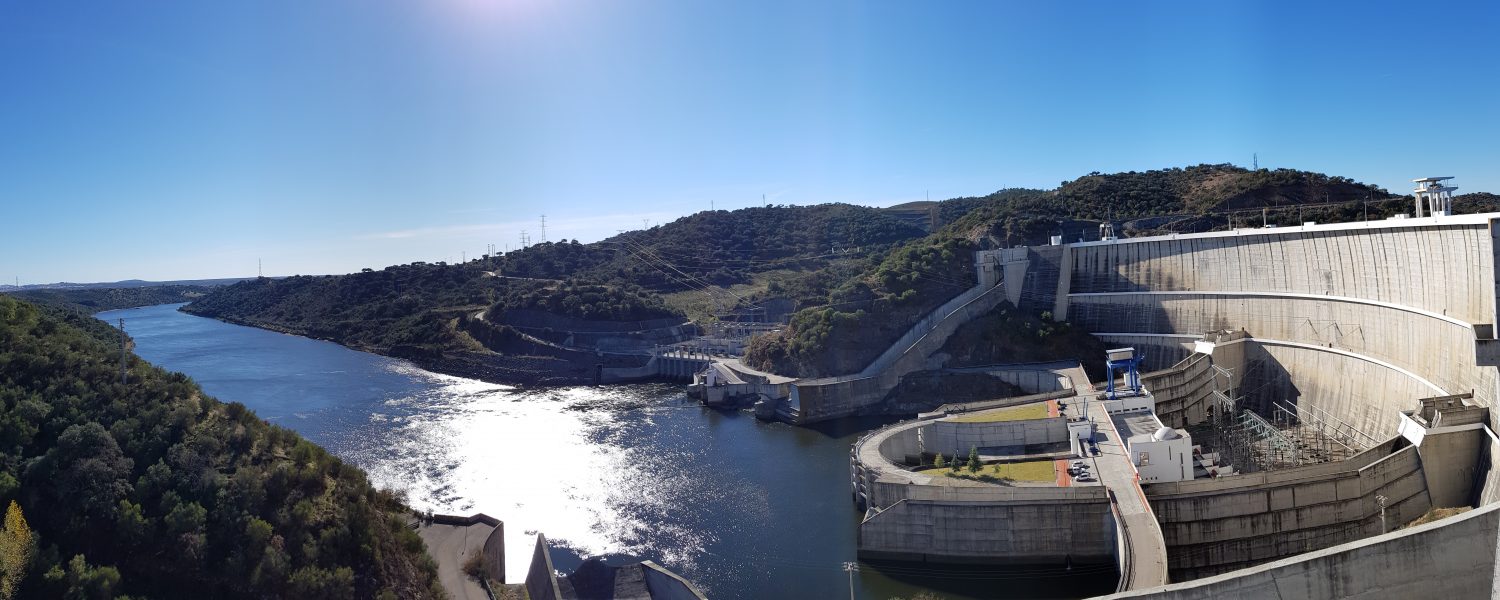Master Hydraulic Engineering (description by TU Delft)
Water plays a major role in delta areas such as the Netherlands. Although we need constantly to bear in mind the threats posed by rivers and the sea, we derive enormous benefits from water: the Netherlands has been able to develop into a prosperous trading nation thanks to its large rivers and the easy accessibility of the North Sea. The MSc in Hydraulic Engineering focuses on the ways in which we can protect ourselves against water while exploiting the opportunities it offers us.
The Master of Science of Civil Engineering at Delft University of Technology is divided into five tracks, each of which focuses on a specific range of mutually closely related topics. The track offered by the Department of Hydraulic Engineering and bears the same name. Within this track of the Civil Engineering MSc you will learn how to tackle complex problems within fluid mechanics and other base disciplines and how to apply the developed technologies in practice. The emphasis here is on the use and development of computer models, laboratory experiments and field measurements. You will also learn how hydraulic constructions such as sluices, dams, barrages and storm surge barriers are designed.
Specialisations
Within the Hydraulic Engineering track, five specialisations are offered. Each Hydraulic Engineering student must choose their compulsory courses within the framework of at least one of these specialisations. These specialisations are:
- Coastal Engineering
- Rivers Engineering
- Ports and Waterways
- Environmental Fluid Mechanics
- Hydraulic Structures
- Flood Risk
- Dredging Engineering
Study Guide
More information about the structure of the track Hydraulic Engineering and its course structure can be found in the Brochure MSc Hydraulic Engineering (of the MSc Civil Engineering of TU Delft). The guide also aims to assist the student with his/her choice out of the different track specializations, and hence also with the subjects corresponding to these specializations. Furthermore, the guide contains some important information regarding the graduation procedure.
Future expectations
Hydraulic engineers work in any number of projects across the globe for employers such as contractors, dredging companies, engineering bureaus, water administrators and academic bodies. Are you currently looking for an internship, thesis subject, PhD position or job? Then please take a look at our Careers-page, which gives an overview of current vacancies at our faculty and partners.
MSc Thesis Project
An important part of the MSc programme is the MSc Thesis Project (CIE5060-09, 40 EC). Detailed information about the MSc Thesis Project and the graduation procedures can be found in the ‘Guidelines MSc Thesis Hydraulic Engineering’, which can be found on Brightspace under the organization Master Hydraulic Engineering for current students.
Curriculum Coordinator
For information about the curriculum, bridging programs and other education-related questions contact Dr. Ir. A. Blom.
